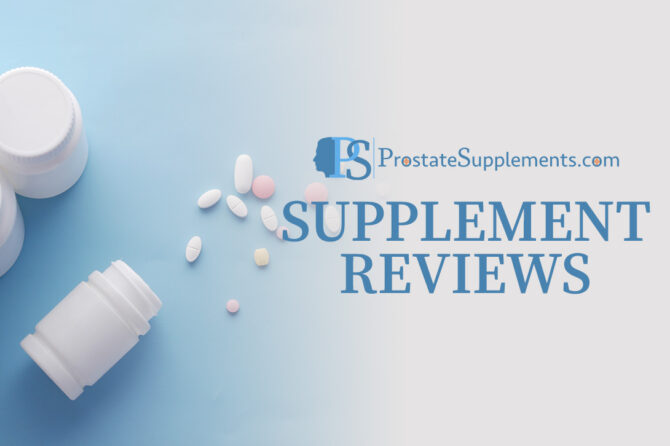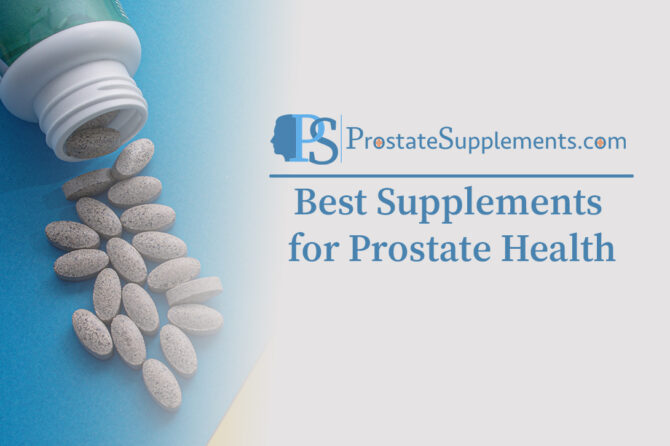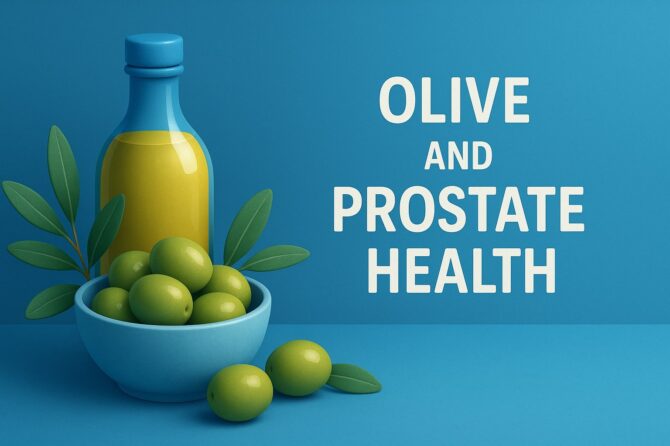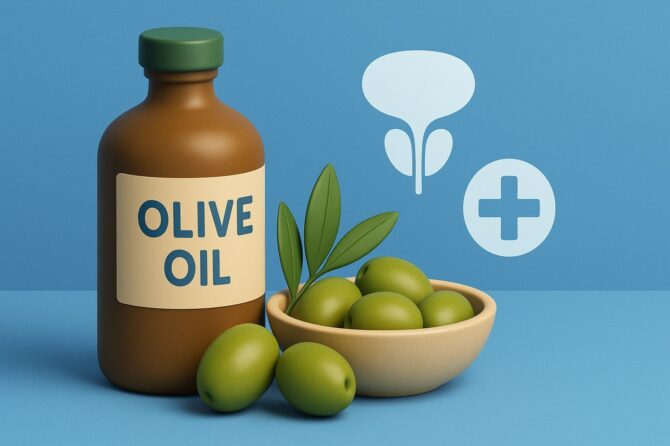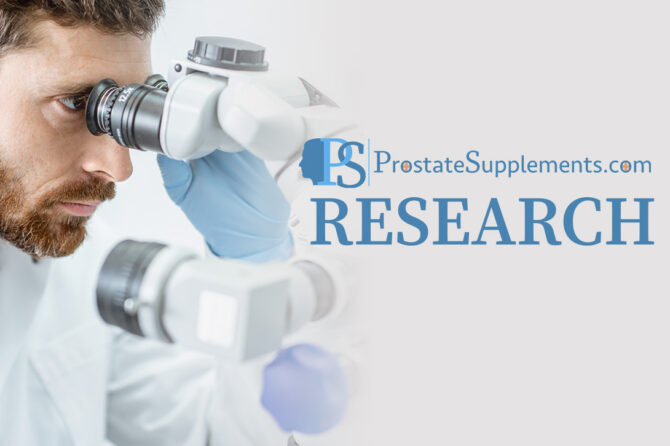
Orchic Extract: What We Know (and Don’t) About Its Effects on Men’s Health, Prostate Health, and the Urinary Tract
Orchic extract (also labeled bovine orchic/testicular extract) is a glandular supplement made from cattle testes. It’s marketed for “testicular support,” libido, and testosterone—but there’s no good clinical evidence in humans that it improves testosterone, sexual function, fertility, prostate health, or urinary symptoms. Major consumer-health monographs conclude that efficacy is unproven and safety is uncertain due to the animal origin
Read more
